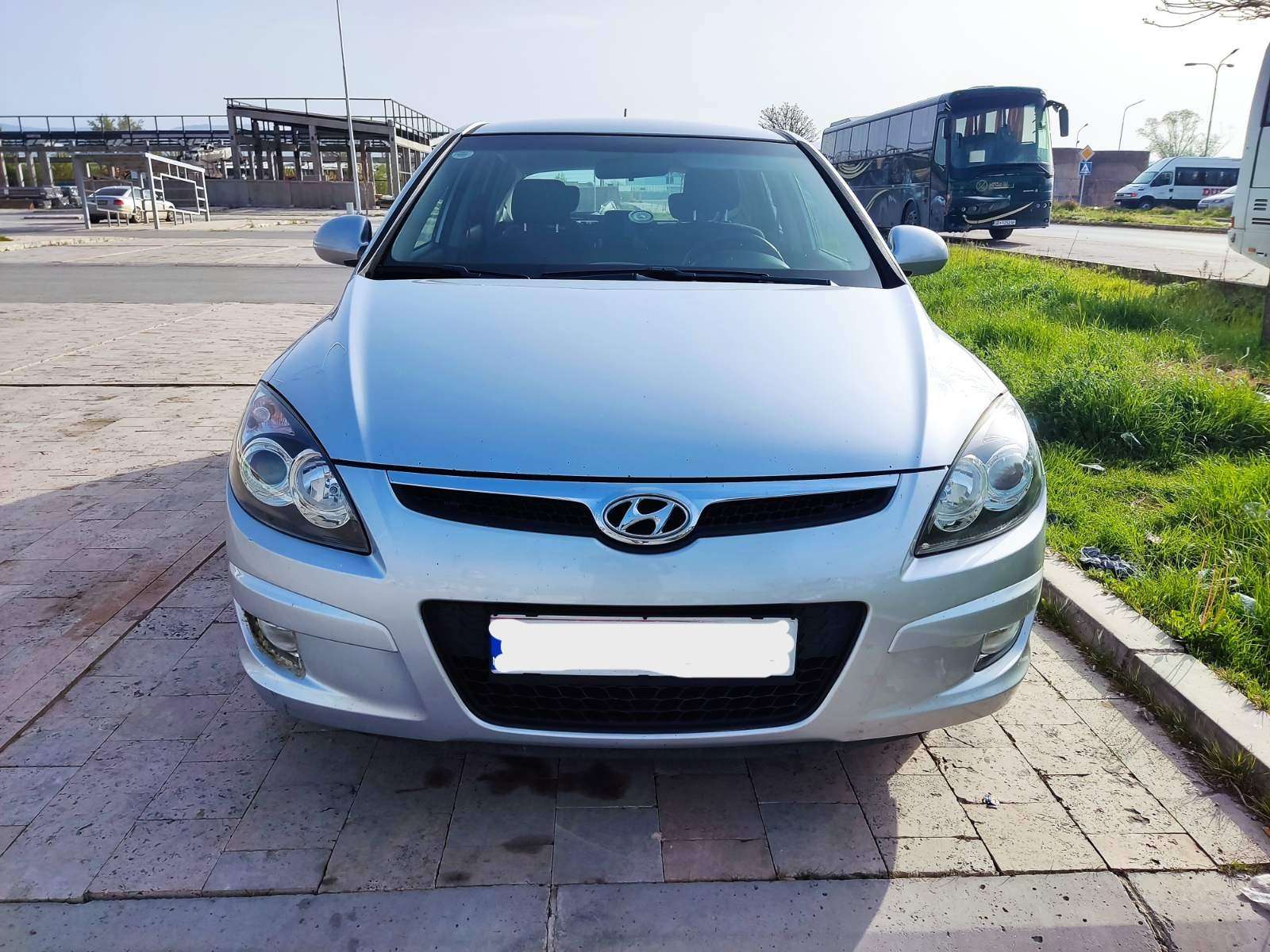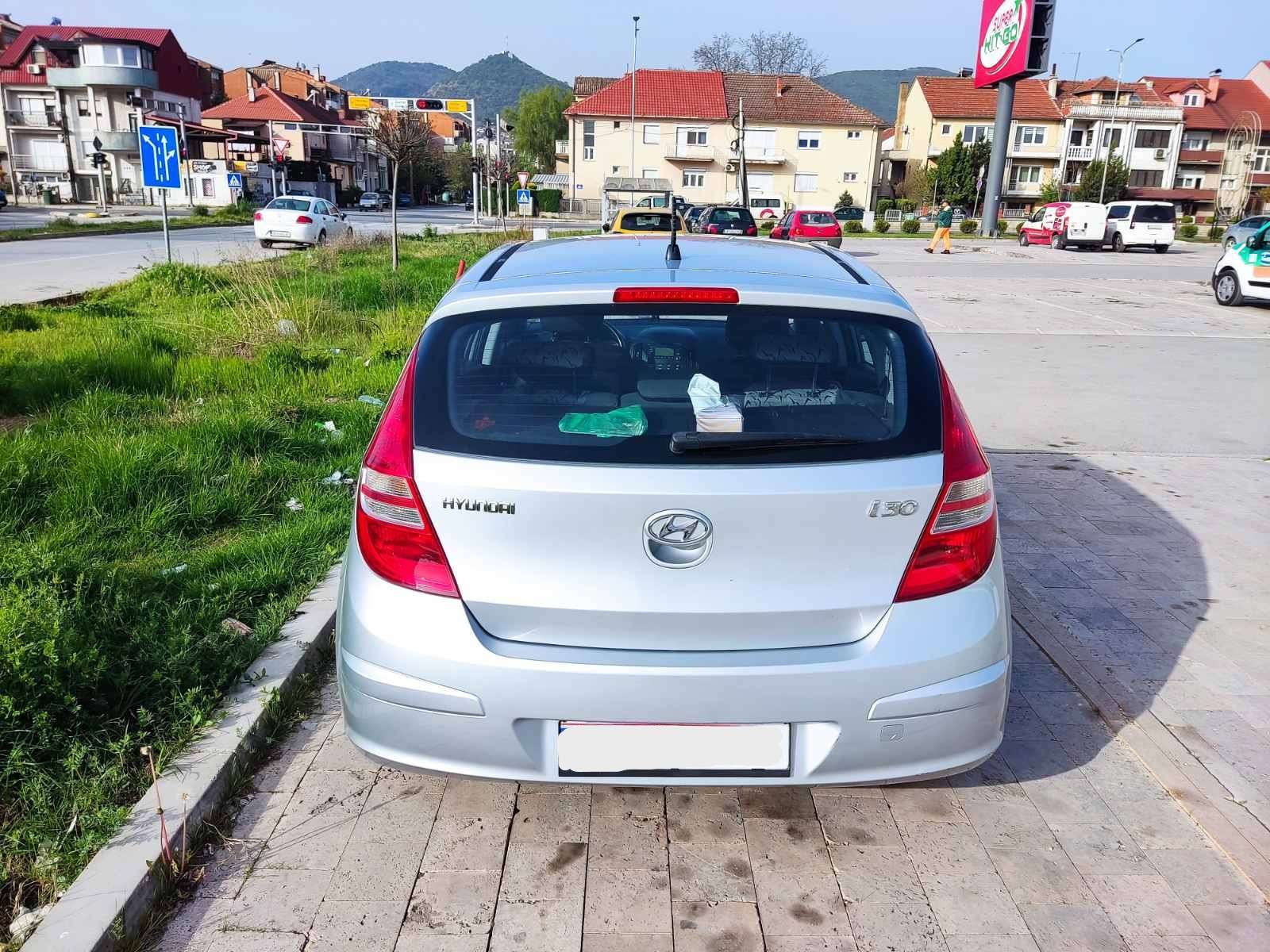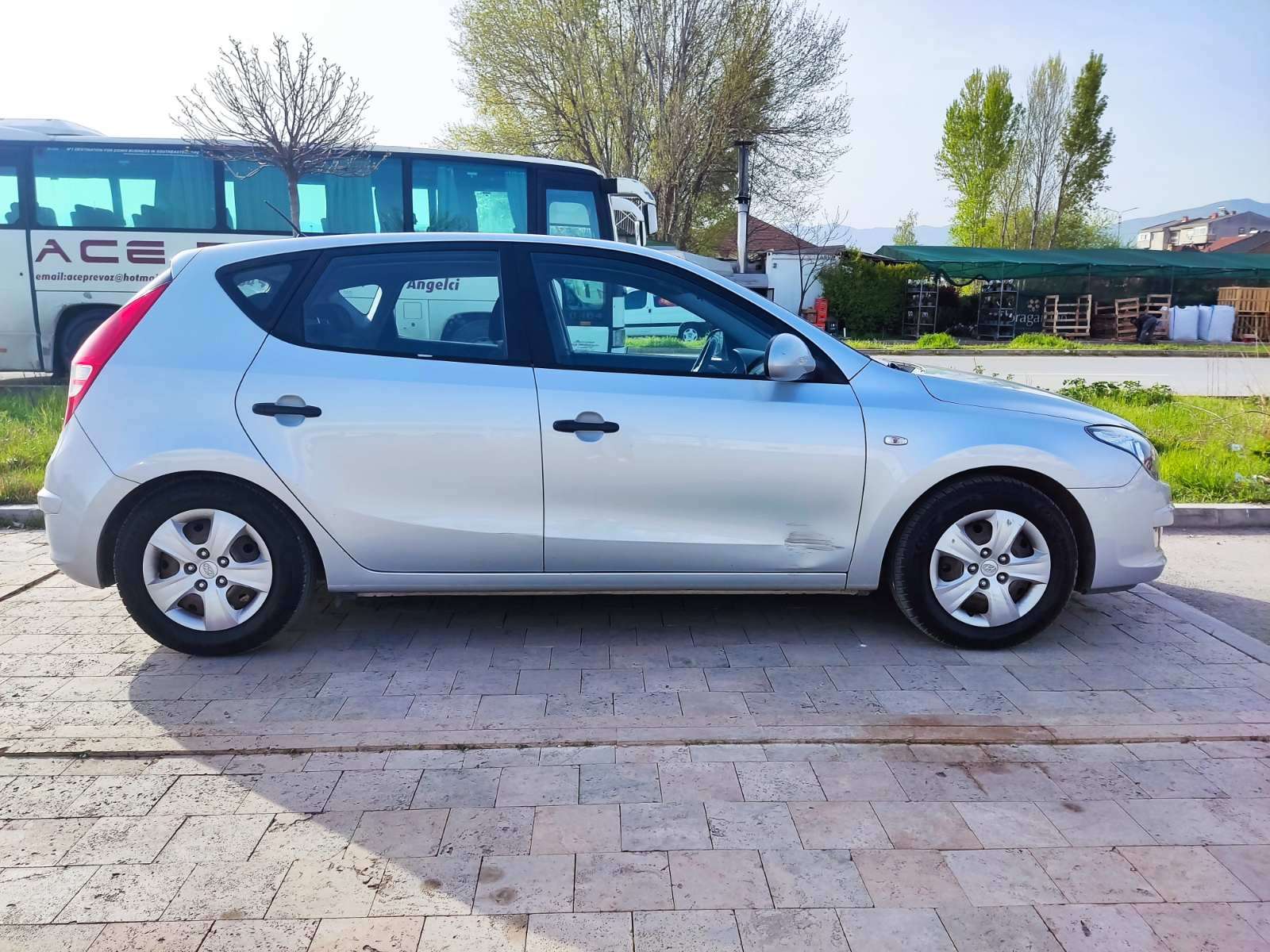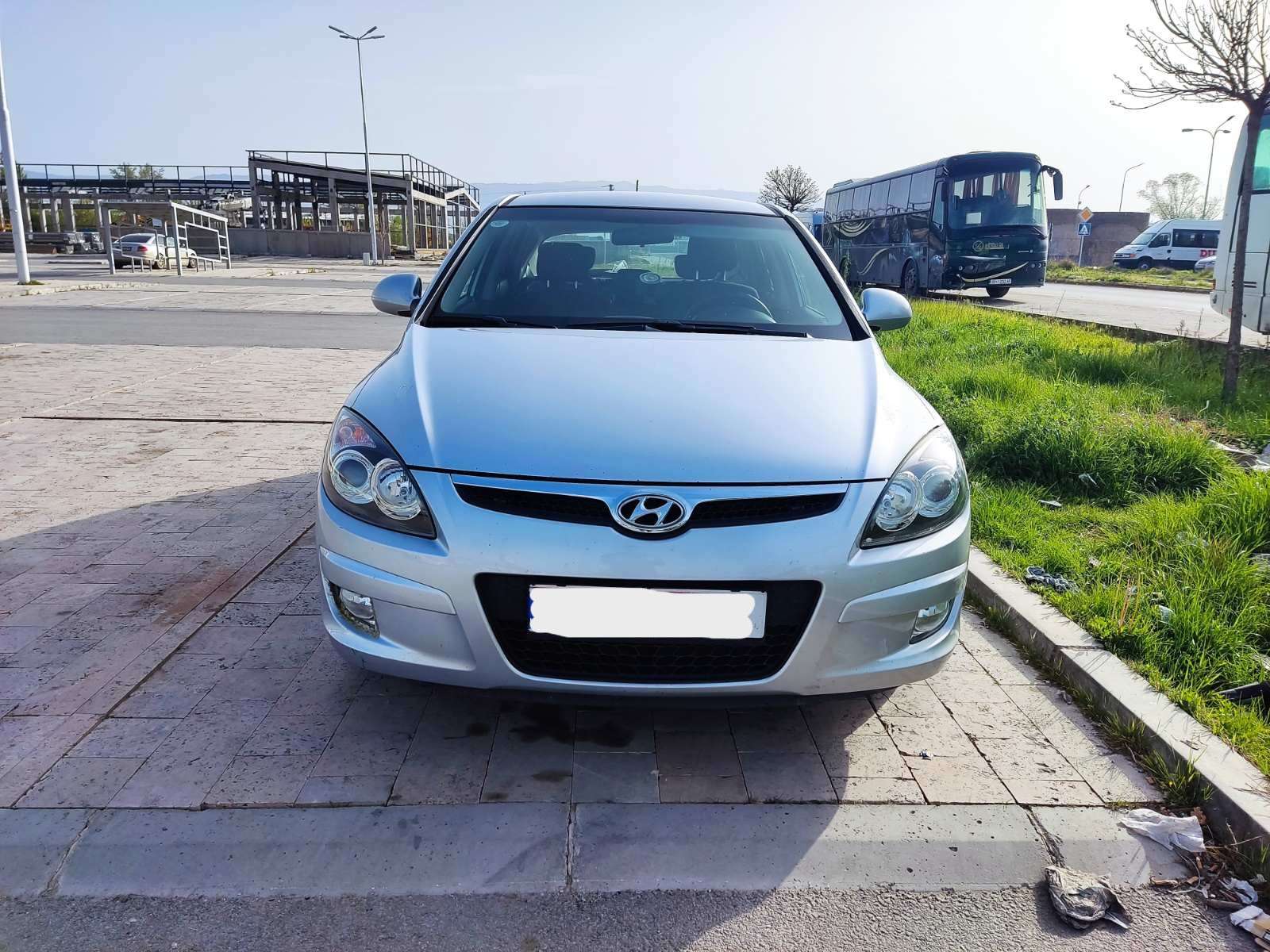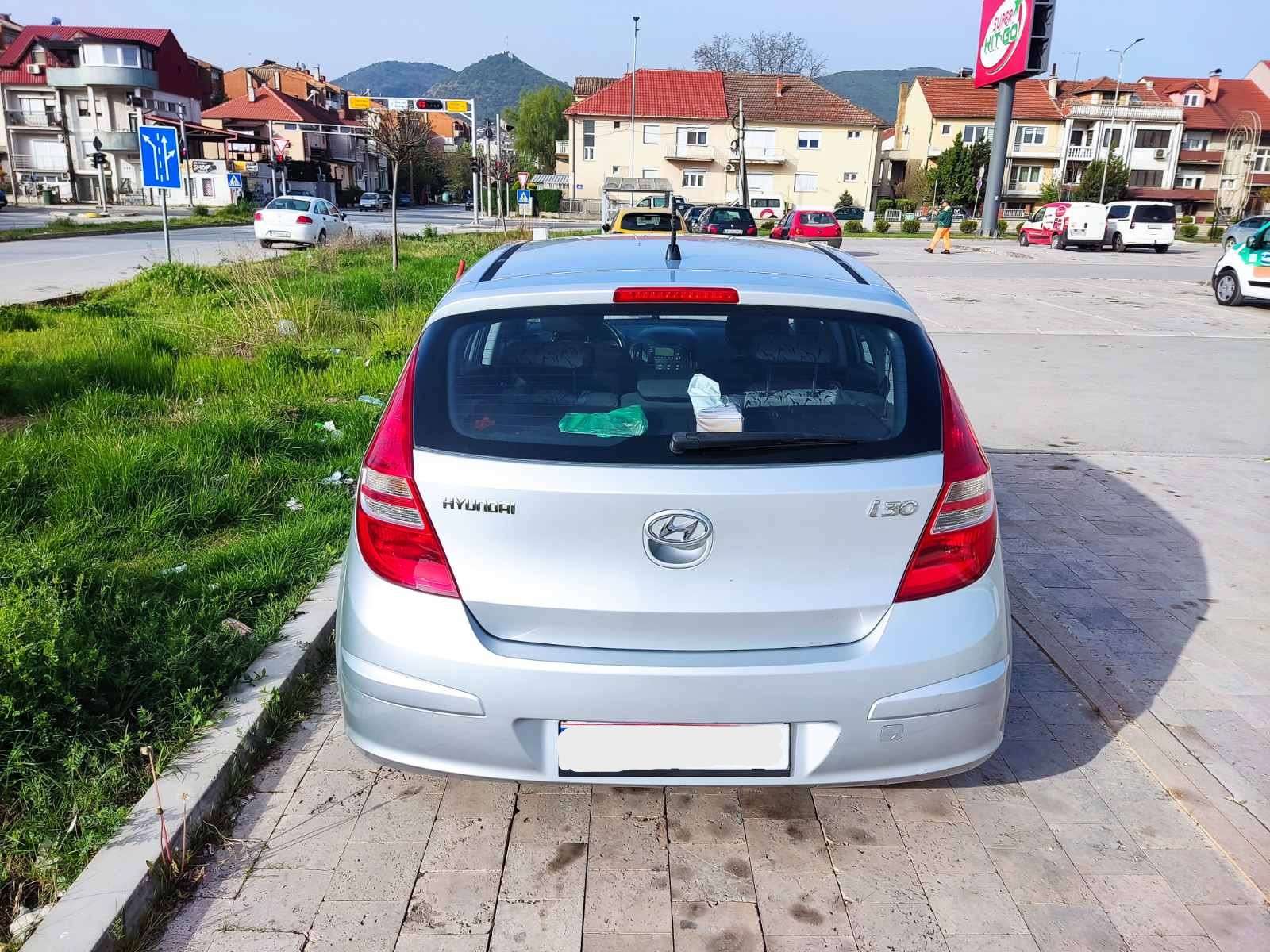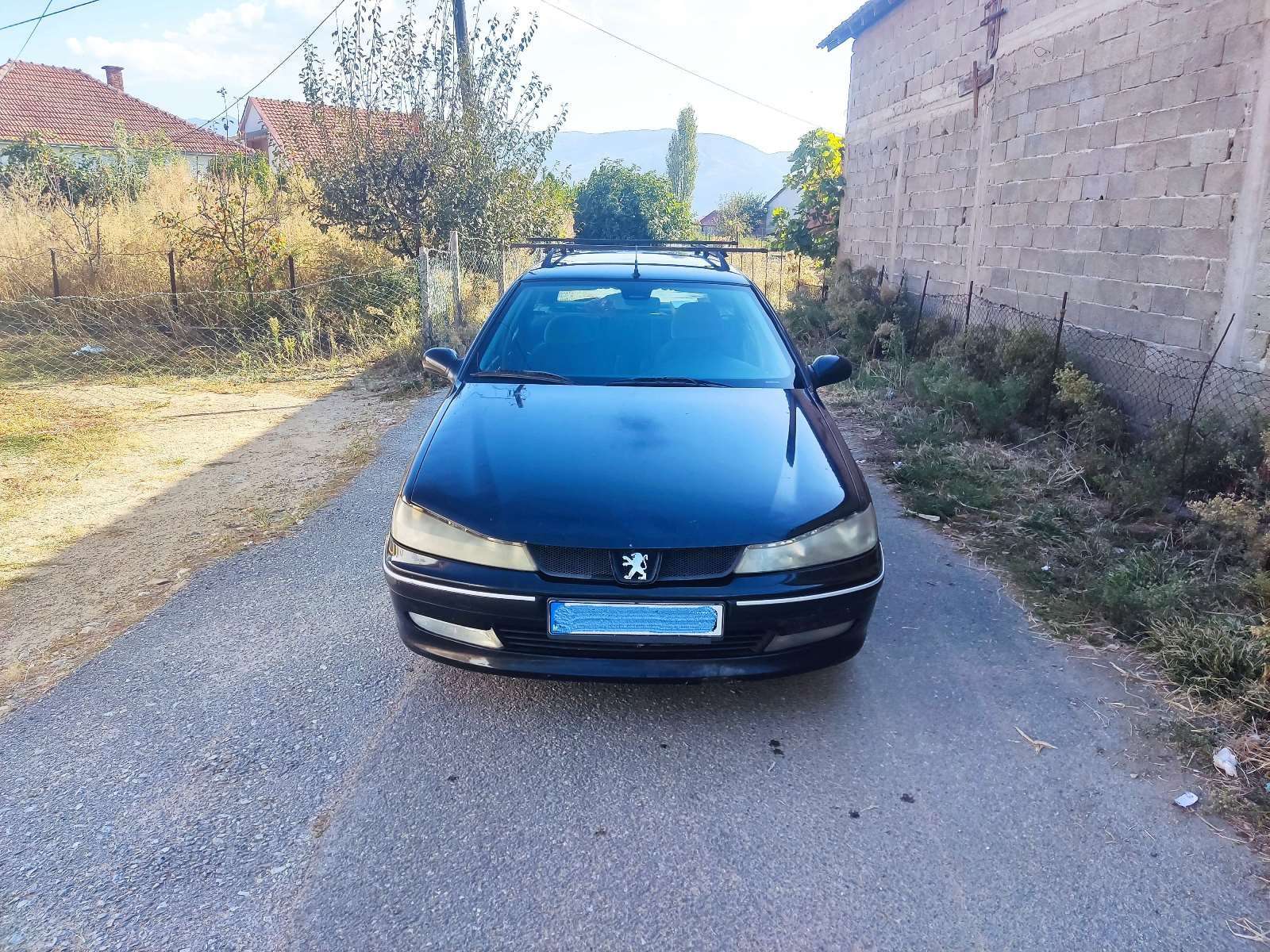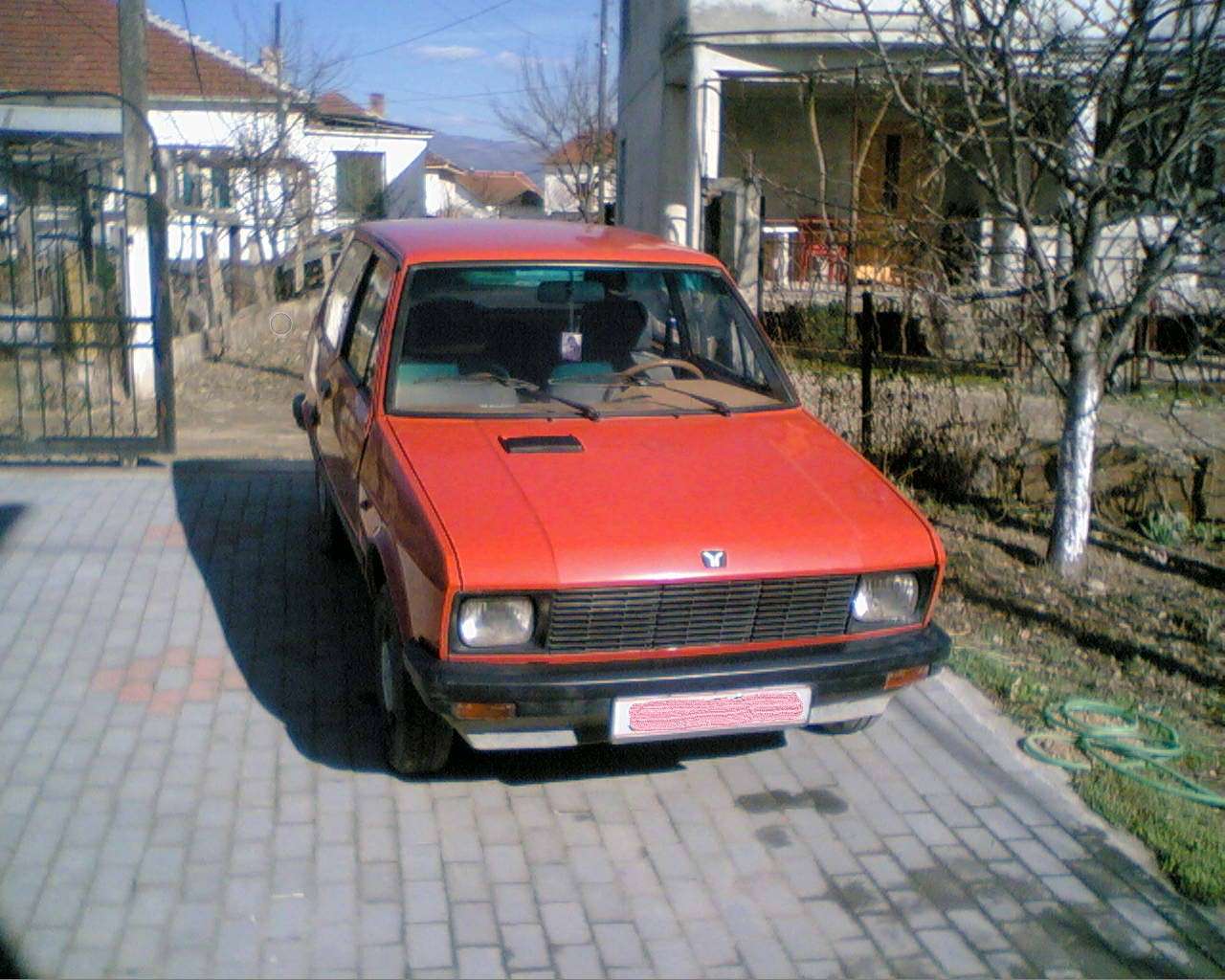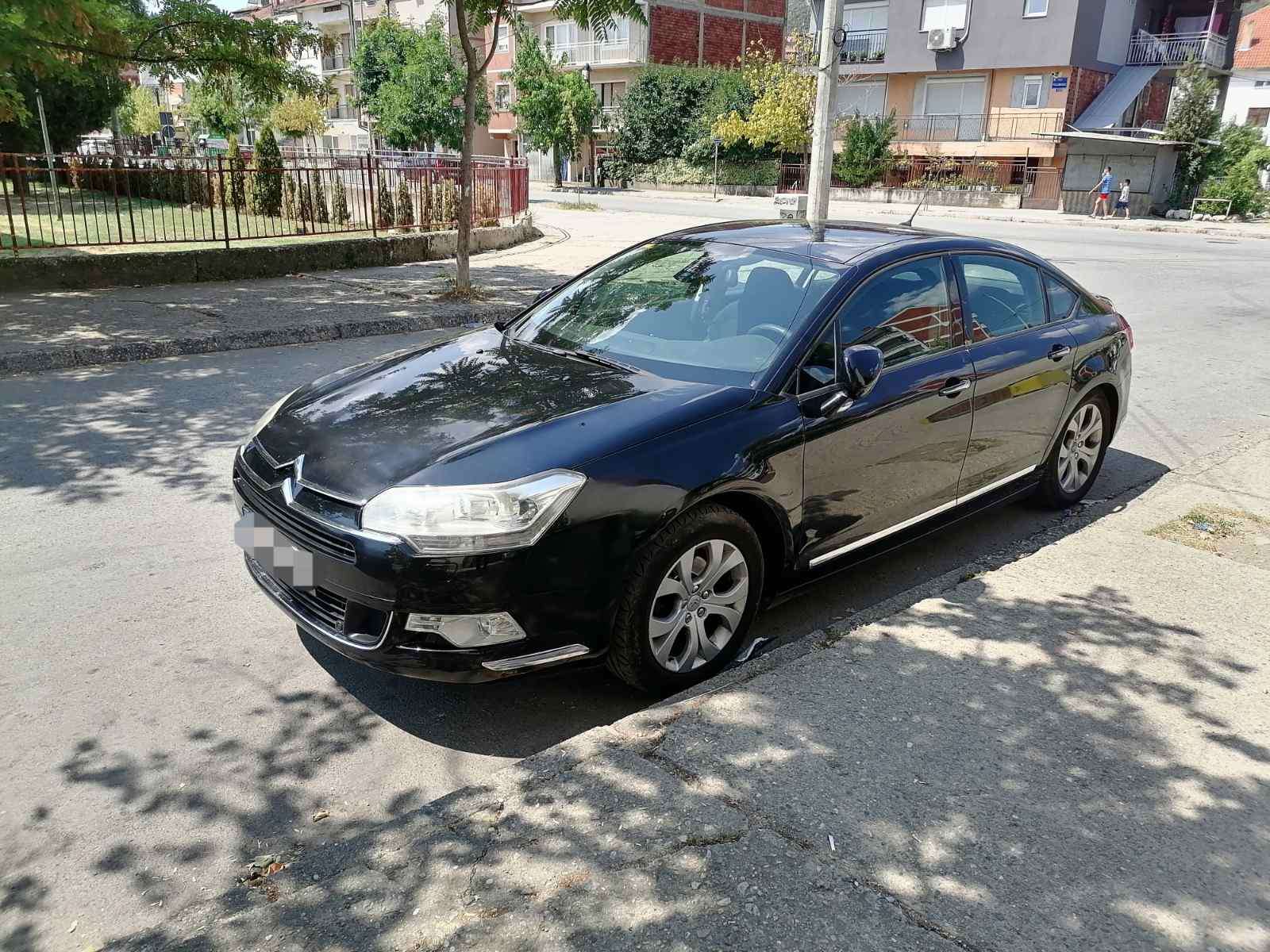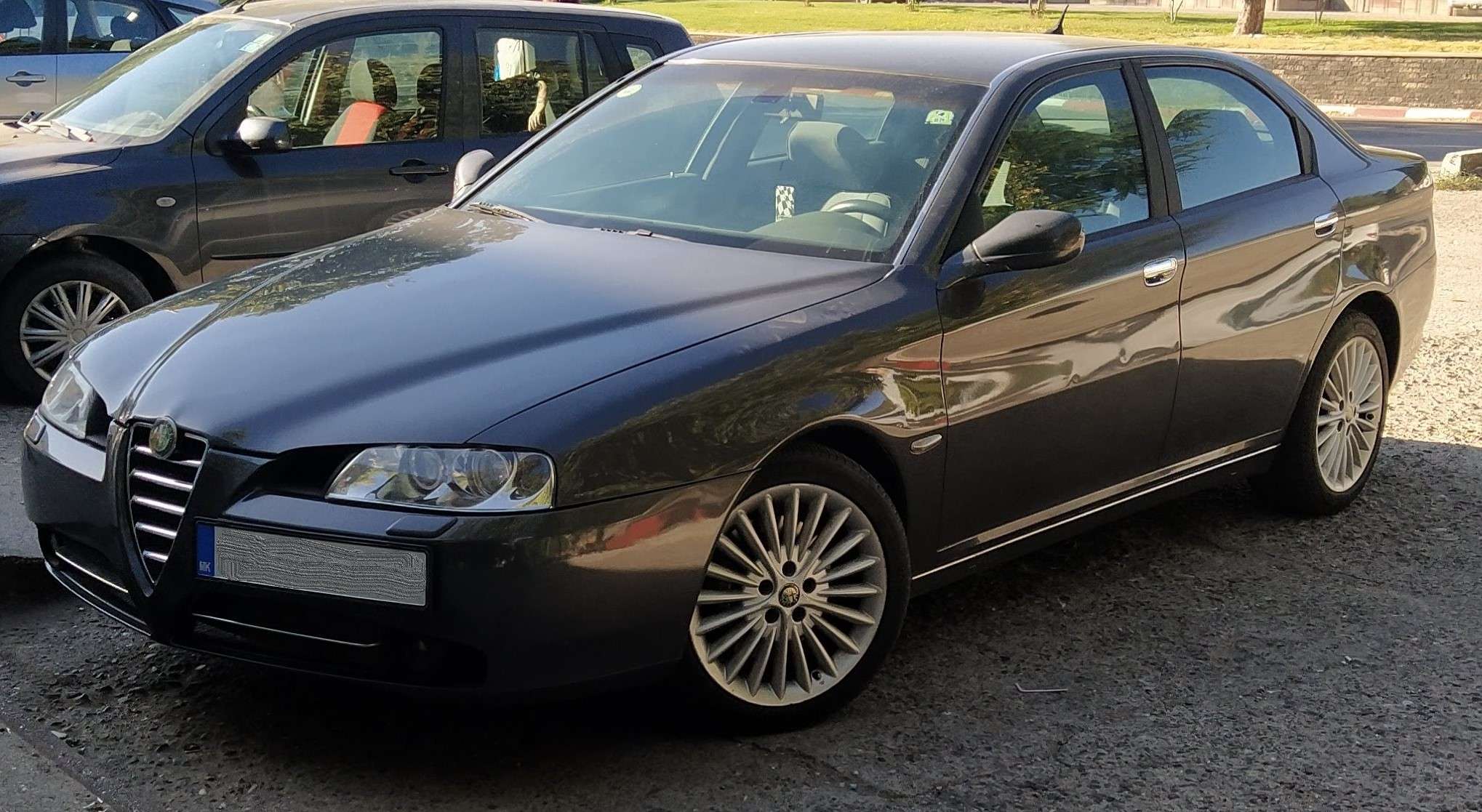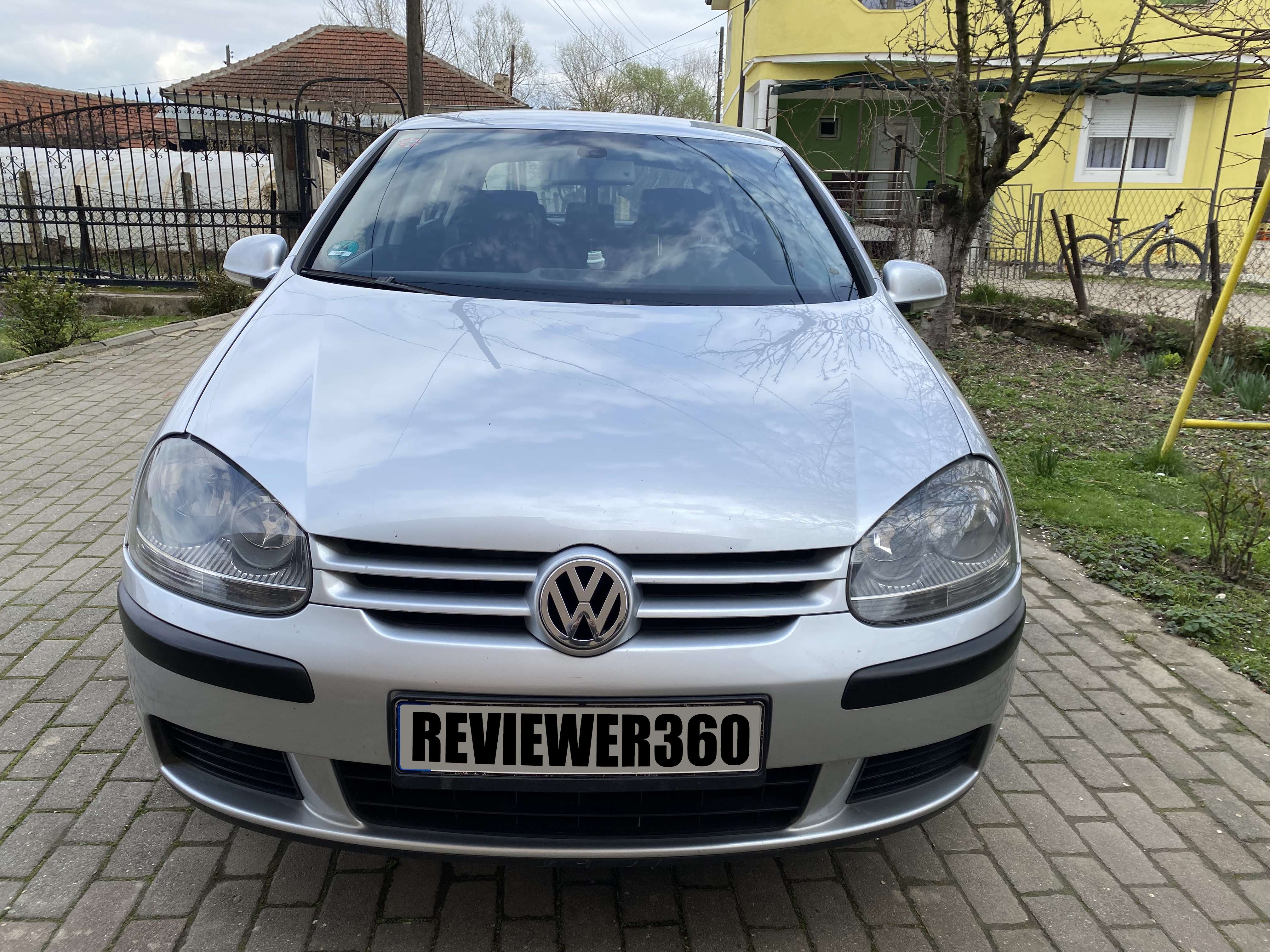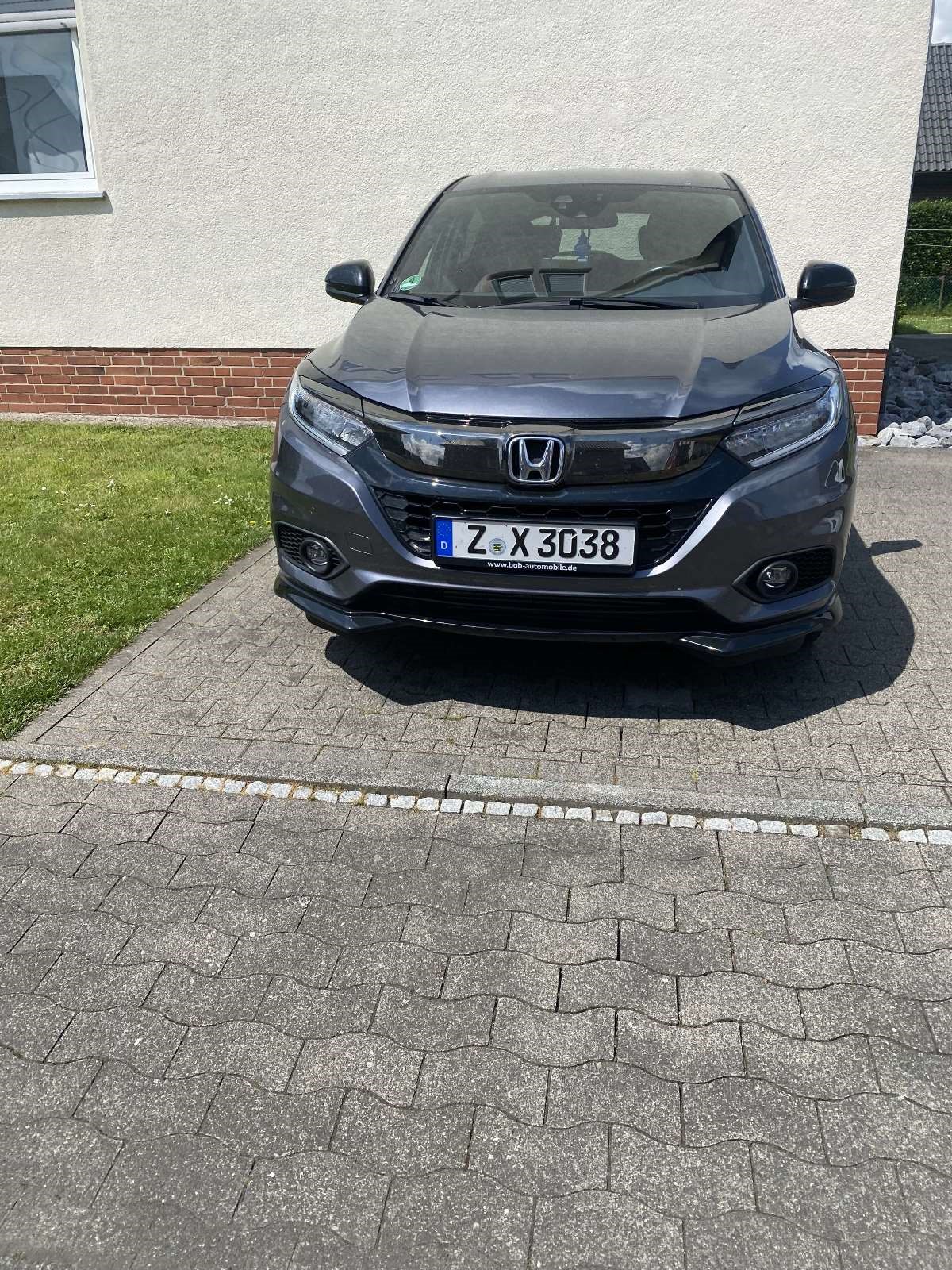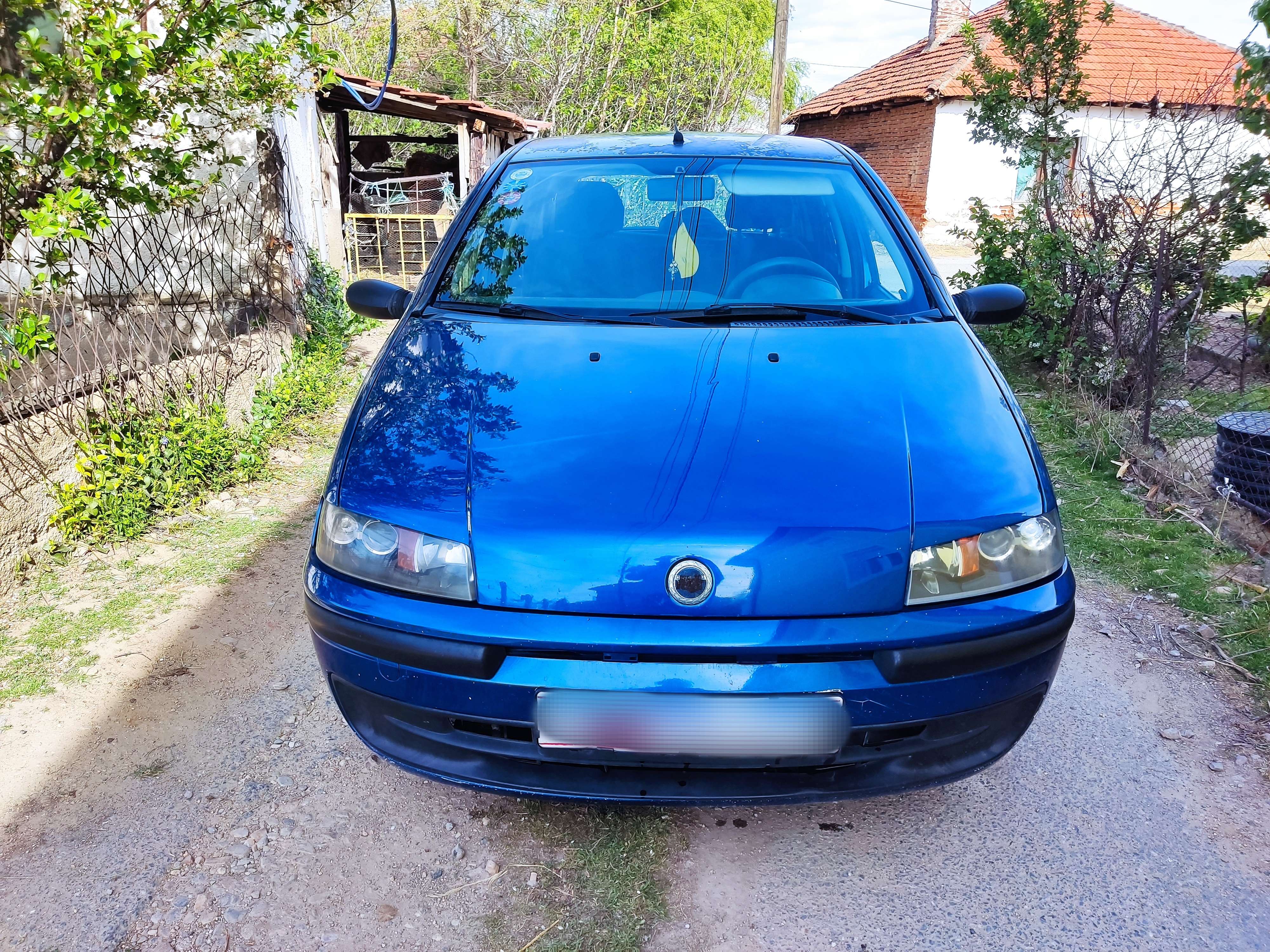Hyundai I30 / 1.4 petrol 109hp / Manual / Petrol+LPG / 2009
- Exterior Score: 7
- Interior Score: 8
- Engine Score: 9
- Gearbox Score: 9
- Reliability Score: 10
Total Score: 8.6
Well about this Hyundai i30 my biggest problem is boot space, because I have instaled gas bottle on my spare tire place, the spare tire is in my boot and boot space is small. At speed above 110 km/h there is wind noice and engine noise.
Realibility at first place, this Hyundai i30 expect regular service for changing filters and oil, have not seen mechanic at all. After 177000 km driven only fuel pump burned down. It was my fault because the gasoline level in the tank was below a quarter and the pump overheated and failed. Every 10,000 km regular service for changing filters and oil. I've also changed the brake pads, rear shock absorbers, and of course new tires and I think that's it, I'm very happy that all these years I haven't had any serious problems with the car and I can say that for this car, in my opinion, you won't need to visit mechanics except for regular services. Back seats space is super, low maintance cost and because gas is way more cheaper then petrol it is cheap to drive.
177000 Kilometrs
Description about the vehicle:
Combined fuel consumption is around 8.5 liters per 100 km driving on gas. The average while driving on gasoline was 7.3 liters per 100 kilometers. But considering the higher price of gasoline, it is much more economical to drive on gas. Overall, the vehicle does not have any big costs because the regular service is also cheap. It needs oil a little less than 4 liters and filters. Spark plugs I think I've had them replaced twice since the vehicle was purchased. For driving in the city it is great, it has large side mirrors and good visibility for parking and reversing. It is not very good for driving on highways. However, it is a lower-class car and has poorer sound isolation. At speeds above 120 kilometers per hour, you can hear the noise from the wind and also from the engine, so it gets tiring for longer trips. Another very important thing about this Hyundai i30 1.4 petrol is that although there is not much luggage space, the rear seats are surprisingly spacious. For a driver like me, 185 centimeters tall, with the driver's seat positioned as far back as possible, if I move to the back seat behind the driver's seat, I still have enough room for both my knees and my head..
Equipment for this vehicle:
Equipment:,ABS,Air Conditioning,Alarm system,CD Player,Central Door Lock,Central Door Lock With Remote,Electrical Side Mirrors,Fog Lights ,Immobilizer ,Isofix ,MP3 ,On-board computer ,Power Steering ,Power Windows ,Spare Tyre ,Sound System ,USB.
This vehicle is reviewed and owned from: Aleksandar Rizov
Start Discussion
Start the action or process of talking about something in order to reach a decision or to exchange ideas, a conversation or debate about a specific topic
LPG system in Hyundai i30, is it worthwhile to install it in the vehicle?

I am curious why in a vehicle like your Hyundai i30 you install LPG or Gas system. Is it worth risking the safety of the passenger inside or it is total safety? Will you save money and how many time is needed to get back the investment?
Started by Sevdalinka on 2024-04-23 07:30:40
Because of the prices we pay for petrol ( gasoline.) Prices for LPG now where I drive is 50 % cheaper than the petrol prices and the car needs only around 1 liter per 100km more LPG then the petrol. For examle I need 7-8L per 100km petrol and LPG 8-9L per 100km. That is combined fuel consumption. Investment for instaling the gas system was back for less then a year because I drive around 20 000km per year. I paid aroud 450 euros for instaling the system. I thik that instaling a LPG system in car is very safty, the botle where the LPG is stored is indestructible.
Posted by Aleksandar on 2024-05-25 16:50:20